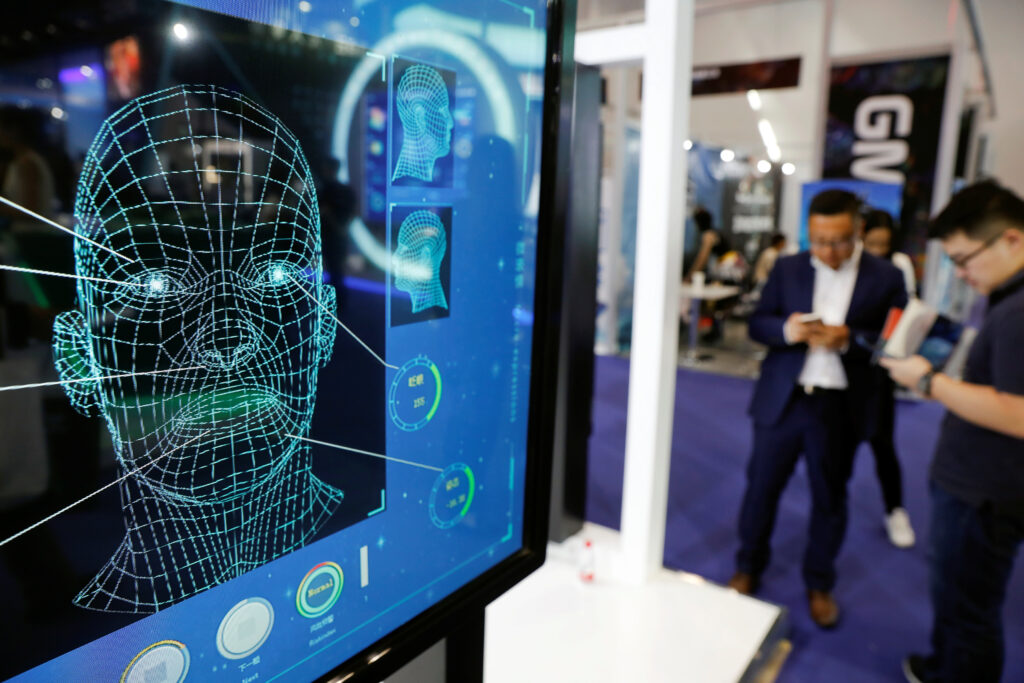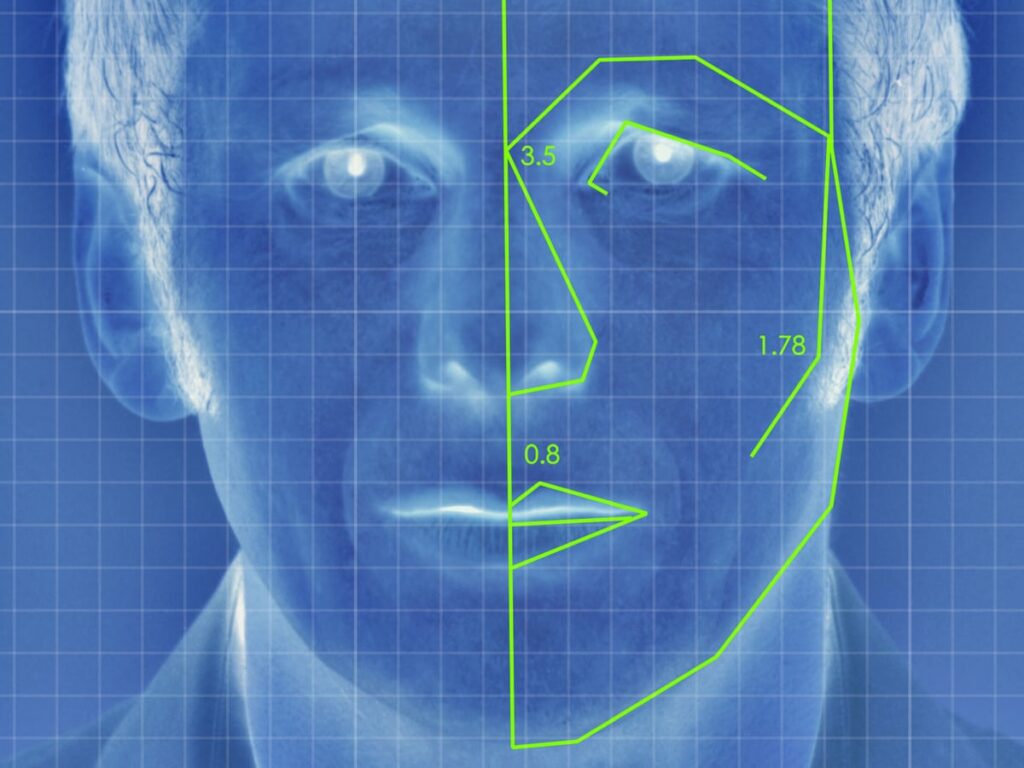
A RECENT TROVE OF FACEBOOK DOCUMENTS LEAKED SHOWED HOW THE SOCIAL NETWORK FAILS TO MODIFY DANGEROUS CONTENT IN LOCATIONS OUTSIDE OF SAN FRANCISCO. Internal talks indicated concerns that the firm lacked appropriate training data to tailor systems to diverse dialects of Arabic and that the company’s moderation algorithms for the languages spoken in Pakistan and Ethiopia were insufficient.
Facebook’s parent company, Meta Platforms, has announced the deployment of a new artificial intelligence moderation system for select duties that can adapt to new enforcement roles faster than its predecessors since it requires far less training data. The technology, dubbed Few-Shot Learner, is said to work in over 100 languages and can work with both images and text, according to the business.
Few-Shot Learner, according to Facebook, allows for the automated implementation of a new moderation rule in as little as six weeks, compared to six months previously. The corporation claims that the system is assisting in the enforcement of a September regulation prohibiting posts that are likely to deter individuals from obtaining Covid-19 vaccines—even if the messages do not explicitly mislead. Facebook also claims that Few-Shot Learner, which was launched earlier this year, led to a drop in the global prevalence of hate speech from mid-2020 to October of this year, though it hasn’t provided specifics on the system’s success.
The new approach won’t fix all of Facebook’s content problems, but it does show how much the corporation depends on artificial intelligence to handle them. Facebook expanded to span the world with the promise of bringing people together—but its network has also spawned hate, harassment, and, according to the UN, led to the massacre of Rohingya Muslims in Myanmar. The corporation has long said that AI is the only feasible method to keep track of its massive network, but despite recent breakthroughs, AI is still far from understanding the intricacies of human speech. Facebook recently said that it has automatic mechanisms in place to discover hate speech and terrorism content in more than 50 languages, despite the fact that the service is utilised in over 100.

Few-Shot Learner is an example of a new generation of considerably larger and more complex AI systems that is quickly gaining traction among tech businesses and AI researchers, but is also generating worries about unintended consequences including bias.
Because its size allows them to pick up certain principles of a problem by “pretraining” on massive amounts of raw, unlabeled data, models like Few-Shot Learner can function with less example data carefully classified by humans. The algorithm may then be fine-tuned to a specific job using a modest quantity of tagged data.
After discovering that pretraining it on billions of words from the web and books provided the system additional capacity to interpret text, Google enhanced its search engine with a method termed BERT. After a disagreement over an article advising caution with such systems, two of the company’s top AI experts were fired. OpenAI, a Microsoft-backed AI firm, has demonstrated that its GPT-3 big language model can create flowing text and computer code.
Few-Shot Learner has been pre-trained on billions of Facebook posts and photos in over 100 languages. They are used by the system to develop an internal understanding of the statistical patterns of Facebook material. Additional training with posts or pictures tagged in prior moderation initiatives, as well as reduced explanations of the regulations those postings violated, has adjusted it for content moderation.
According to Cornelia Carapcea, a product manager on moderation AI at Facebook, after that preparation, the system may be instructed to locate new sorts of material, such as to enforce a new rule or extend into a new language, with far less work than past moderation models.
She estimates that more traditional moderating systems will require hundreds of thousands or millions of example postings before they can be deployed. Few-Shot Learner can be set to work with just a few hundreds of words—hence the name—combined with simplified descriptions or “prompts” of the new policy.
“Because it’s seen so much already, learning a new problem or policy can be faster,” Carapcea says. “There’s always a struggle to have enough labeled data across the huge variety of issues like violence, hate speech, and incitement; this allows us to react more quickly.”
By providing the system a textual description of a new policy, Few-Shot Learner may be directed to discover categories of material without having to show it any examples at all—an extraordinarily straightforward way of engaging with an AI system. Carapcea claims that while the method’s results are less trustworthy, it can immediately indicate what might be affected by a new regulation or discover postings that can be utilised to further train the system.
Since of the astounding capabilities—and many unknowns—of large AI creations like Facebook’s, Stanford researchers recently established a centre to investigate such systems, which they refer to as “foundation models” because they appear to form the cornerstone of many innovation ventures. Large machine-learning models are being built for application in areas such as banking and health care, in addition to social networks and search engines.

According to Percy Liang, the Stanford center’s director, Facebook’s system looks to demonstrate some of the new models’ tremendous capability, but also some of its trade-offs. It’s thrilling and beneficial to be able to command an AI system to do what you want using only written words, as Facebook claims with its new content regulations, but this capability is underappreciated, according to Liang. He describes it as “more of an art than a science.”
According to Liang, the speed of the Few-Shot Learner may potentially have disadvantages. Engineers give up some control and understanding of their system’s capabilities when they don’t have to filter as much training data. Liang says, “There’s a larger leap of faith.” “You have less possible oversight with increased automation.”
According to Facebook’s Carapcea, as the company creates new moderation algorithms, it also develops techniques to assess their accuracy and bias.





